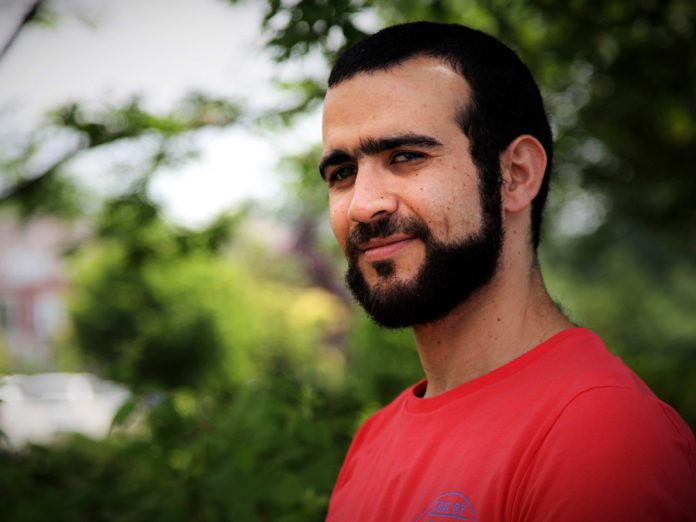It’s gotten far beyond the point of determining what really happened in Afghanistan when Omar Khadr was first captured. The loss of life surrounding the confrontation that led to him being picked up by American forces is tragic; war is, in general. Usually, when it comes to child soldiers, there is a certain level of understanding that would compel us to at least consider the possibilities of rehabilitation, and understanding of situations outside of their control. After all, this was a Canadian-born boy, two months shy of his 16th birthday, brought into a warzone by his father.
But we didn’t, and so be it. Western democracies routinely act in a manner that does not hold up to the mythos we purport. This is nothing new, and tensions were high. However, skirting that obligation does not mean that we instead chose to pursue some sort of higher justice — it was all theatre.
If Omar Khadr was legitimately guilty of the war crimes he was charged with (at the least, there is evidence he aided in efforts that definitely would have lead to deaths), than the thing to do would have been a proper trial, with proper due processes, that would show that our institutions of justice actually mean something. A war crime is a high charge, it should be taken seriously. Serious enough that maybe the priority shouldn’t have been a child soldier, but perhaps the people in charge who led to the war itself, and turned a blind eye to abuse, civilian deaths, and gross negligence. Drone operators have higher body counts, and so do politicians and puppets.
Instead, offering little counsel and protection, we let a Canadian citizen languish for years in a foreign government’s prison, an ally’s prison, which was notorious for torture and abuse. Why?
Because it was easier than having to been seen defending someone who might have done something wrong. Because it made us feel uneasy. Because it was simpler to brand someone a terrorist, write them off as a bad guy, than examine our own complicity not only in the seeds of the conflict that drew him in, but in the unjust way he was treated.
The recent settlement of over $10.5-million, following a Supreme Court ruling that blasted the Canadian government for their repeated failures in ensuring due process, and the rights of its citizens, is not in any way a validation or reward for whatever actions Omar Khadr took in Afghanistan. It’s the result of our own failures to live up to the standards we say we mean to spread and champion. To the very things that we proclaim separate us from the violent ideologies that terrorize the globe.
It’s easier if he’s the bad guy, it’s easier to view the government as weak and capitulating than trying to make the best of a past wrong. It’s harder to admit that we were weak in ignoring our obligations, just because a situation was complicated, and the optics would have been difficult.


